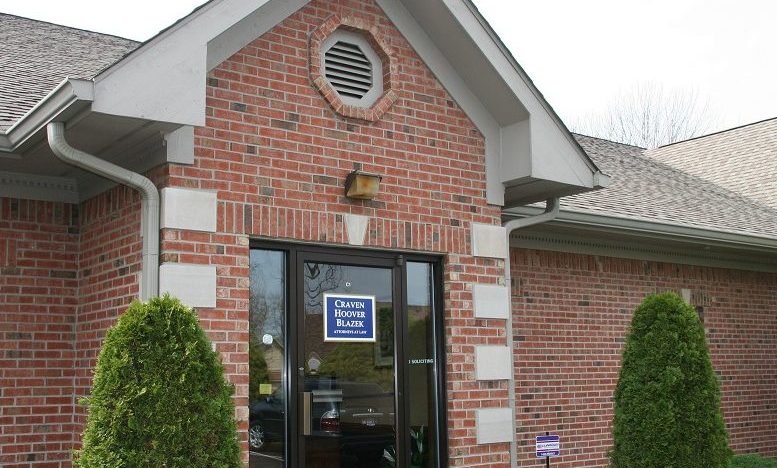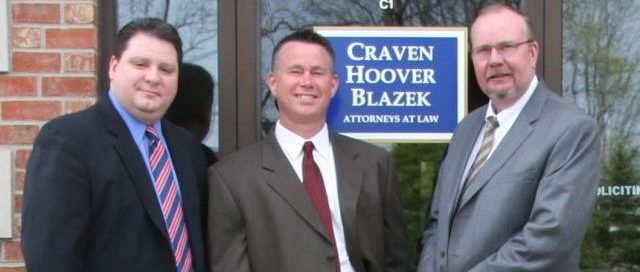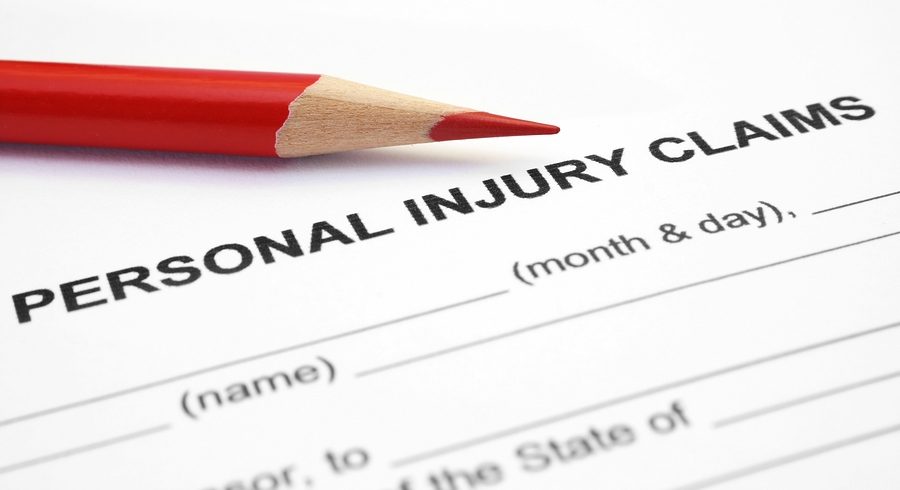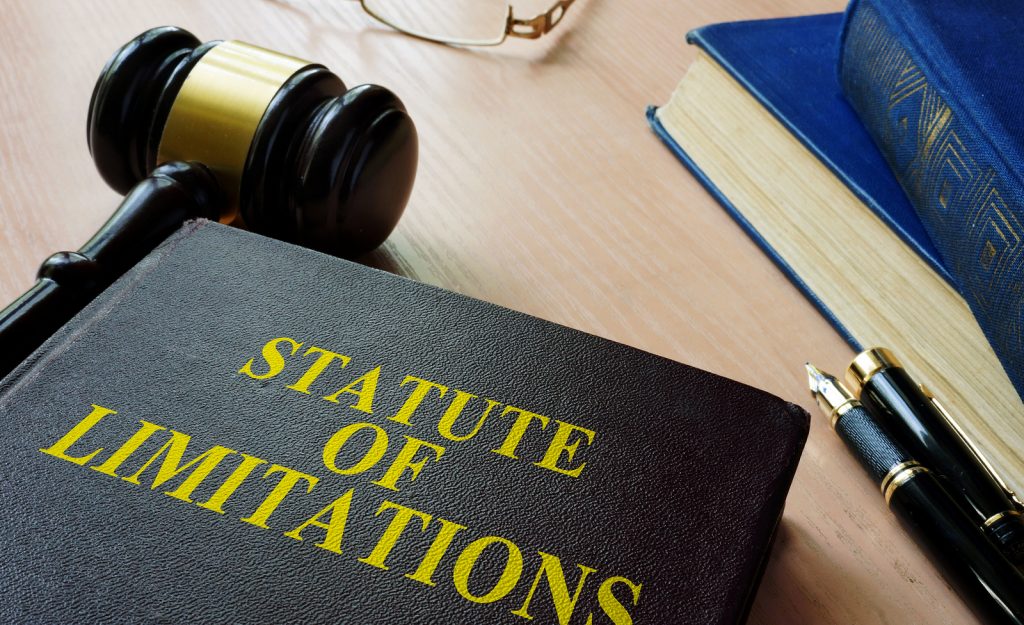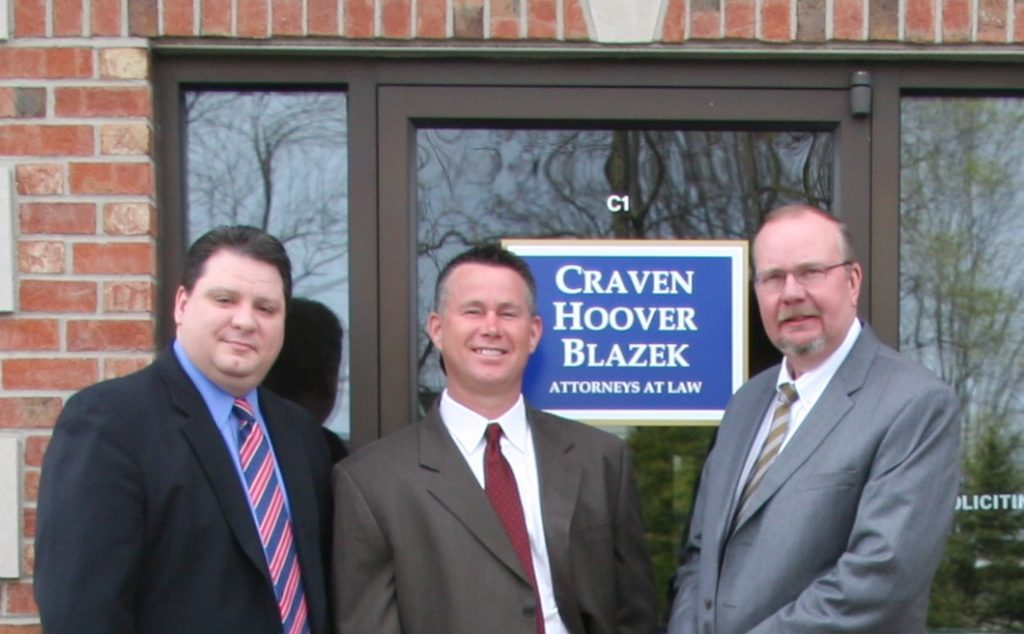When it comes to personal injury claims, there is a deadline set by the state’s statutes of limitations. Although in most cases, if this deadline is missed, the claimant loses their opportunity to pursue legal action against the party at fault for the accident; however, there are some rare exceptions that might allow an extension depending on circumstances of the claimant’s case.
Continue reading to learn more about personal injury claims and statutes of limitations, and what might happen if you have missed or are very close to missing this deadline.

Statutes of Limitations for Personal Injury Claims
Statutes of limitations is a state-level law that sets a time limit on how long a wrongfully injured victim has to pursue legal action against an at-fault party in order to collect compensation for their damages and losses. This set time period usually starts either from the date of the accident or the date of the onset of the injuries, and continues until the date the lawsuit is filed. These laws and deadlines differ from state to state, so it is important that you learn your particular state’s statute of limitations for your type of personal injury claim.
Not all personal injury claims have the same statute of limitations; although most cases are two years from the date of the accident, other types of personal injury cases have shorter or longer statute of limitations. For example, many personal injury cases that involve criminal offenses might have longer statute of limitations up to five years or more. Again, these deadlines differ among jurisdictions, so it is important for you to learn your states laws on filing an accident claim.
What Happens if You Miss the Deadline to File an Accident Claim?
If a personal injury claimant misses the deadline set by the statute of limitations, there are a few things that can happen. Most often, the personal injury claimant loses out on their opportunity to file a lawsuit. However, there are very rare cases in which personal injury claimants can be granted an extension or modify the statute of limitations for their particular type of claim.
Altering or Extending the Statute of Limitations
It is very rare for a claimant to be granted any sort of extension on or modification of the statutes of limitation for their personal injury claim, however it can happen. In legalese, it is referred to as putting a toll on the running of the statute of limitations time clock, which simply means pausing the time clock. This can happen it a few different types of scenarios, the most common including:
◑ The injured victim was under 18 years of age, and therefore minor at the time of the accident.
◑ The injured victim was medically incompetent or declared legally incapacitated from the time of the accident.
◑ The at-fault party attempted to hide evidence of their involvement in the accident, or hide the occurrence of the accident altogether.
◑ The at-fault party fled the state or hid from the law immediately following the accident in order to evade legal liability.
If you were recently injured in an accident that was not your fault, it is important for you to take the steps to learn your eligibility for pursuing compensation to cover your damages and losses, including medical bills and expenses, as well as pain-and-suffering and much more. Speak to an Indianapolis Indiana personal injury lawyer who can help you learn your rights and put you on the right path towards financial recovery.
Are you ready to get started on your personal injury claim in Indiana? Contact the Law Office of Craven, Hoover, and Blazek P.C. at 317-881-2700 and schedule a free case evaluation with a skilled Indianapolis Indiana accident attorney you can trust. Our law firm serves clients all throughout the state of Indiana.
You Should Also Read:
Is There Still Time to File My Indiana Personal Injury Claim?
Statute of Limitations for Common Personal Injury Claims
See a Doctor if You Experience These 6 Delayed Car Accident Symptoms


